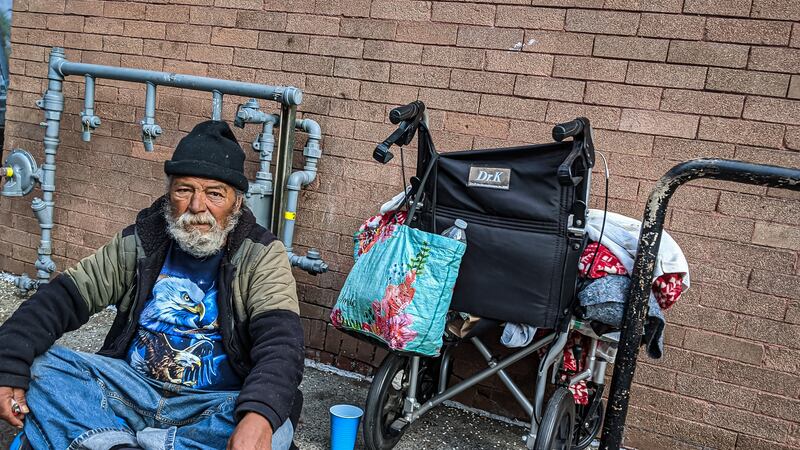The Joint Office of Homeless Services is seeking a waiver for the biennial "point in time" count, which takes place every odd-numbered year in late January.
That process, in which Multnomah County takes a one-night census of all the houseless people it can find in the county, is part of a federal effort overseen by the U.S. Department of Housing and Urban Development.
The last count, done in 2019, found 4,015 people homeless in the county. That number was fairly stable from prior years but included a large increase in the number of people categorized as "chronically homeless."
The county sends out hundreds of trained volunteers to do the count. It is an imperfect process, because many people who are homeless are hard to find, but it provides a standard approach across the nation and over time.
The count involves asking a series of detailed questions, requiring volunteers to be in close proximity to those they are questioning for an extended period, which county officials have decided presents a significant health risk during the COVID-19 pandemic.
The county has characterized the count as a key component to ensure "continued eligibility for state and federal funding" for homeless programs.
But late last year, HUD announced counties could seek waivers without endangering funding. The feds have already granted King County, Wash., and Los Angeles County waivers, and other counties, including Clackamas and Alameda County, Calif., are also seeking them.
Multnomah County's situation is a little unusual, however: Next year will mark the beginning of expenditures from Metro's $250 million homeless services measure, so this year's count would have provided a baseline for that effort.
If the feds grant Multnomah County a waiver, the Joint Office of Homeless Services says the plan would be to count those in transitional housing and shelter beds this year and count those who are unsheltered in 2022.
"It's a difficult decision, but we don't see a way to conduct as accurate of an unsheltered count as we've done in past years without creating additional health risks for thousands of vulnerable people and our provider community," said Marc Jolin, director of the joint office. "That's not a trade-off we're willing to make."
